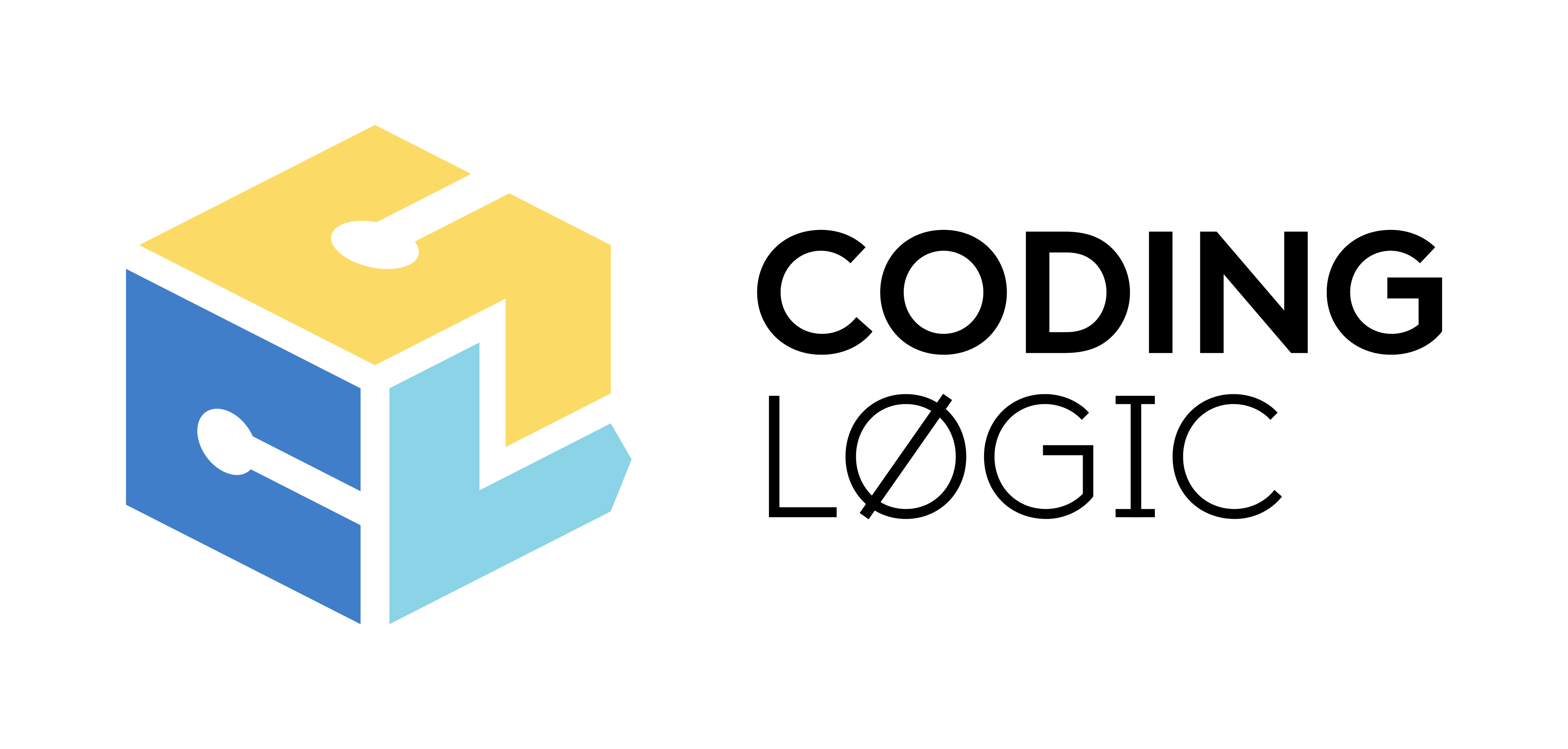Our Math Focus

Number & Operations
Number sense is a major component of a student's general intuition about numbers and serves as the foundation for more advanced number skills.
The Real Number System

Alegebra
Arithmetic builds intuitive understandings of operations which enable the ability to make generalizations, building pathways to algebraic understandings.
Equations & Expressions
Measurement
Measurement provides a rich and meaningful content for the use of number skills and spatial concepts. It also serves as a critical foundation for advanced math skills.
Units & Attributes

Geometry
Geometric thinking requires reasoning with the properties and relationships of geometric figures: points, lines, angles, surfaces, solids, and dimensionality.
Spatial Properties

Statistics & Probability
Collecting, summarizing, comparing, and presenting data requires advanced analytical tools and understandings.
Numerical Data & Distribution

Critical Thinking
Critical thinking is the process of skillfully applying, analyzing, synthesizing, evaluating, and conceptualizing information to reach conclusions.
Logic & Reasoning

What level is your child on?
New students are assessed to determine accurate placement according to their current level of mathematical proficiency, not by age or grade. Our goal at Growing IQ, is to ensure that each child is placed in a learning environment that will simultaneously nurture and challenge them.
1 hour per week
3 levels in total

Experience the power of play
2.5 - 6 years old
Math Music Motion exposes your child to mathematical concepts through the creative infusion of music and motion.
2 hours per week
6 levels in total

Derive & Discover
4 years old to 6th grade
Growing IQ develops your child's mindset through the discovery and exploration of math concepts, emphasizing critical thinking.
Find out how we can help your child
Learn more about our levels and our math focus.
Level
1
Typical Grade Range: Preschool to K
Enables students to fully grasp the fundamental skills necessary for success in higher learning.
Level
2
Typical Grade Range: K to Grade 1
Introduces students to abstract concepts that will become more prevalent in higher mathematics.
Level
3
Typical Grade Range: Grade 1 to 3
Students utilize previously learned skills to analyze and navigate multi-step problems in innovative ways.
Level
4
Typical Grade Range: Grade 3 to 5
Provides students with important opportunities to communicate and justify their thinking processes.
Level
5
Typical Grade Range: Grade 4 to 6
Students build bridges of comprehension between various mathematical domains.
Level
6
Typical Grade Range: Grade 5 to 7
Students tackle large projects which require a multitude of mathematical skills to complete.
Our Levels
Find out how we can help your child
Learn more about our levels and our math focus.



